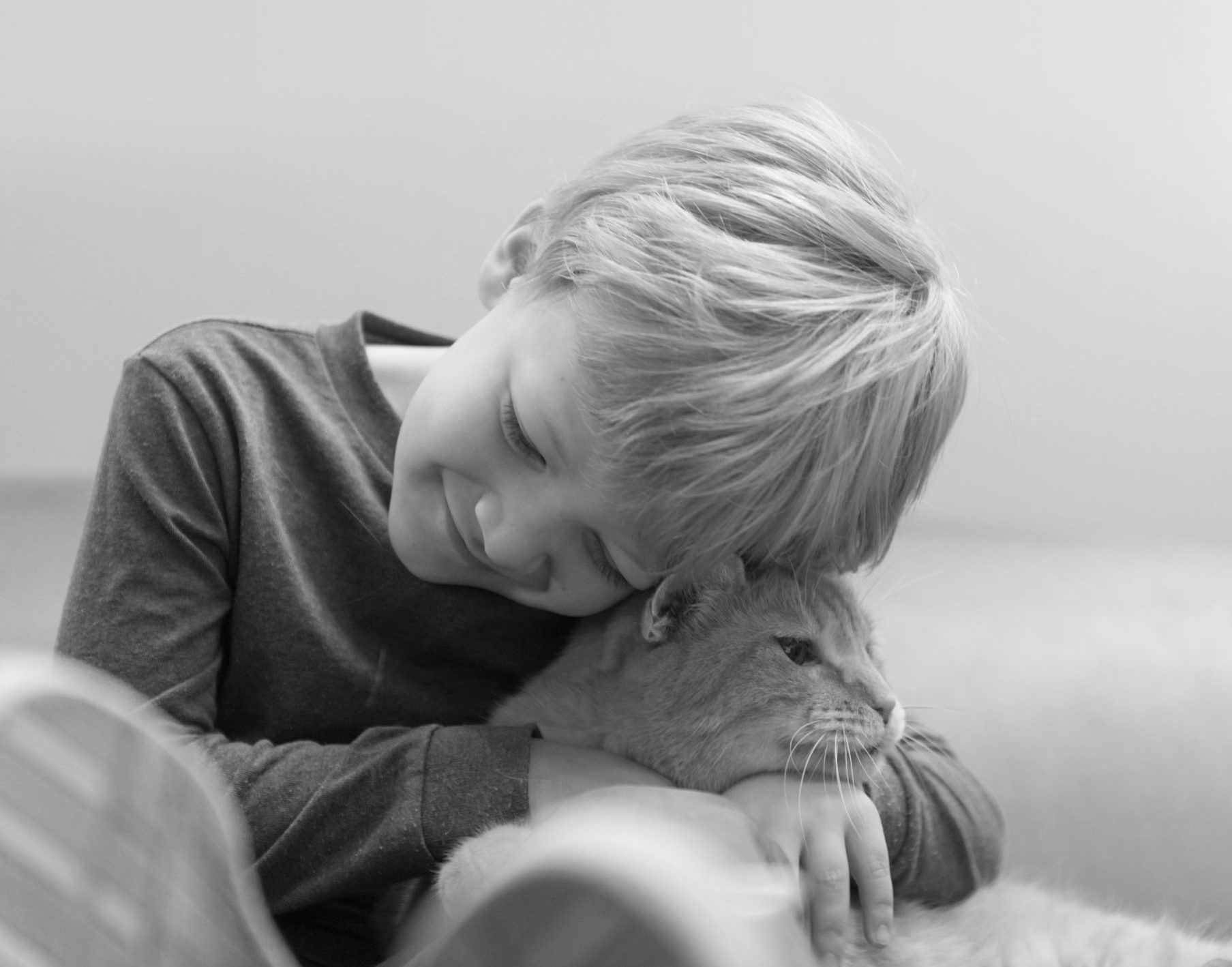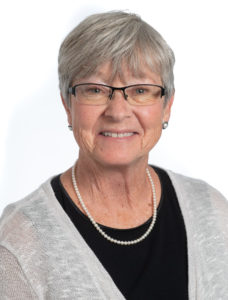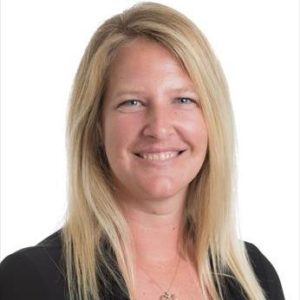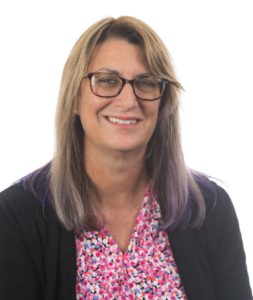
“I don’t know why I’m crying.”
When a loved one is sick, hospitalized, or diagnosed with a terminal disease, we are often overcome with emotion. When that loved one has four legs or feathers, we may feel the need to label our feelings as irrational or trivial. Like the feelings we face when a human family member is diagnosed with an unexpected health problem, it’s easy to become overwhelmed by a pet’s medical crisis.

The Argus Institute at the James L. Voss Veterinary Teaching Hospital recognizes and honors the human-animal bond. “We provide support that normalizes the heartache that people feel when a pet is diagnosed with cancer or is at the end of life,” said Erin Allen, M.S.S.W., Argus Institute counselor. “We don’t want anyone to feel alone on that journey.”
The Argus Institute was founded in 1984 by Laurel Lagoni and Carolyn Butler with support from Dr. Steve Withrow, founding director of the Robert H. and Mary G. Flint Animal Cancer Center. “Our founders were among the leaders of the human-animal bond movement in our country,” said newly retired director, Gail Bishop. “They recognized that veterinary patient families had strong emotional attachments to their pets and had needs that the medical team couldn’t meet. It was really forward-thinking for the time.”
In good company
Initially, the Argus team provided emotional support for patient families through dying, death, and grief. Early on, they recognized people needed to be with their pets at the end of life. They advocated for client-present euthanasia, a service that we take for granted today. With the help of D.V.M. students, Argus also established the first pet hospice program in the country. The program offers medical and emotional support for families who want to provide at-home palliative care for their pets.

Argus also offers unique support services to help pet parents grieve. “Society doesn’t promote funerals for your pets,” Allen said. “We aren’t offered days off to grieve for a pet.” “We call it disenfranchised grief,” added Maria Gore, M.S.W., Argus Institute counselor. “For some people, their pets are their only family or the only family that they feel close to. That pet may have been by their side for 15 years, and they need to grieve that loss.”
To acknowledge and support the grieving process, in addition to offering individual counseling, Argus sponsors an annual Pet Memorial Service. Each year, more than 100 pet families gather to support one another and pay tribute to the pets they’ve lost.
“We have 130 people in a room who can look around and say, ‘you know, I’m not the only person that loves my animal this much. Look at all these other people.’ It’s so validating for those families,” Bishop said.
New horizons
With advances in veterinary medicine over the decades, Argus has stepped in to provide additional services. For one, they serve as an extra set of ears to help clients navigate the myriad medical decisions presented by specialists.
“When I first met an Argus counselor, I didn’t know anything about the service,” said Ann Osborn, Argus client. “I was facing a completely unexpected medical crisis with my dog, Alex. I couldn’t process why this was happening, and I couldn’t hear what the doctors were saying. One of the counselors sat down next to me and listened while I talked. Then she slowly started commenting. She helped me understand in a way that I was able to process and not resist. At that moment, it meant everything to me. Today, whenever I refer a friend or family member to CSU, I connect them with Argus.”

It’s not only pet owners who have been impacted by advances in veterinary medicine. More treatment options have led to more stress and greater expectations for veterinary professionals, who want to provide the very best outcomes for every patient, which is not always possible.
“It’s a hard profession sometimes,” Gore said. “It’s very rewarding, but it’s also stacked with a lot of emotions and expectations. We’re here to provide support to the medical teams and the veterinary students, whether it’s helping them have a difficult conversation with a client or letting them just unload at the end of the day when they’ve done four euthanasias, and they need to talk.”
In a profession where burnout and suicide rates are high, the Argus team listens, supports, and works to provide veterinary professionals and students with the tools they need to be resilient and ensure they practice self-care.
“We care for everybody in the whole equation,” said Allen. “We help them to know that whatever they are feeling, it’s normal. I’ve had vet techs say to me, ‘I don’t know why I’m so upset,’ and I say, ‘Yeah, you do; it’s because you care so much.’ Giving them that permission is important.”
So why do pet lovers cry? Because we care. And it’s natural, and it’s normal, and it’s OK.
Want to support this work? Click here to give!